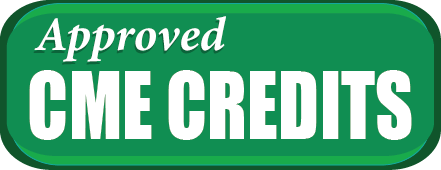
Hector W H Tsang and W M Cheung
The Hong Kong Polytechnic University, China The University of Hong Kong, China
Title: Effects of a CBT based stress management program for teaching professionals augmented by complementary and alternative medicine (CAM) approach
Biography
Biography: Hector W H Tsang and W M Cheung
Abstract
Background: The present study aims to assess psychosomatic and physical effects of a CBT based stress management program augmented by CAMamong teaching professionals in Hong Kong. Method: A random controlled trial (RCT) was used to compare between CBT group (n =26) and the CBT-CAM group (n =30). Interventions were administered for 1.5 hours once a week for eight consecutive weeks. A self-administered questionnaire including perceived stress scale (PSS) and frequency of psychosomatic symptoms were measured at baseline (T1), immediate after the program (T2), and 4 weeks after the program (T3). Physical parameters were measured at T1 and T2. Results: A reduction of 23% in PSS was observed in the CBT group, while the CBT-CAM group yielded 18% reductions in PSS from T1 to T3 [F(2,108)= 3.099; p=.049]. No significant interactions were observed in the frequency of psychosomatic symptoms and physical parameters. However, a significant downward time trend was observed (p<.001) and larger percentage changes in physical responses were shown in the CBT-CAM group than CBT group. Conclusion: Clinical evidence of both the CBT-CAM and CBT programs has been demonstrated in the current study and both approaches are easy to be self-implemented. The CAM technique might serve as an alternative choice for self-administered stress management to replace the additional time needed for professional follow-up contacts. It might further improve some physical responses such as handgrip strength and resting heart rate, which are associated with better psychosomatic health and better occupational stress management.

